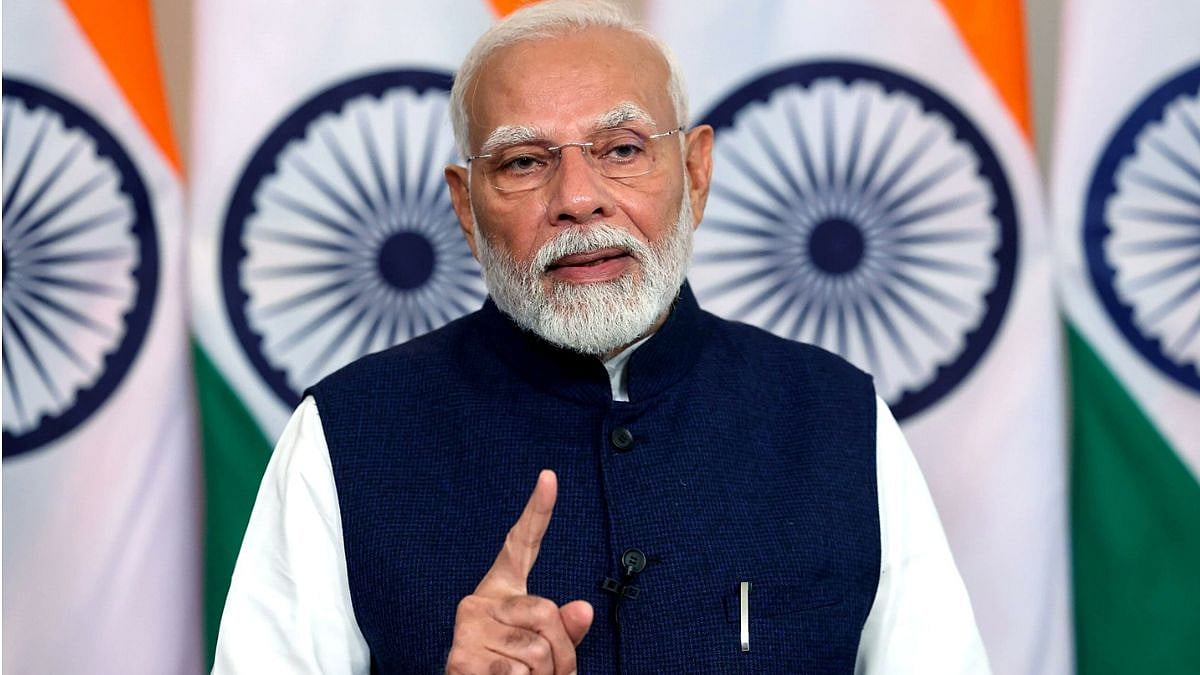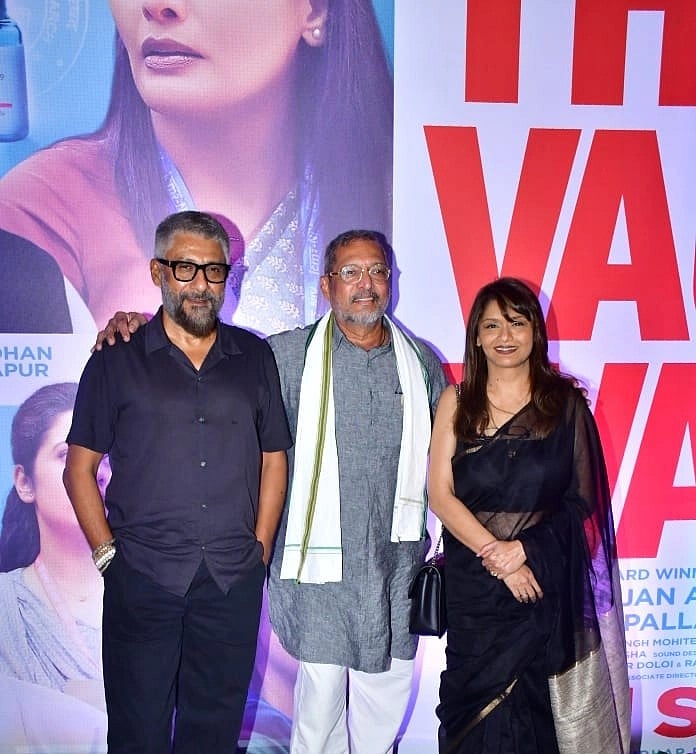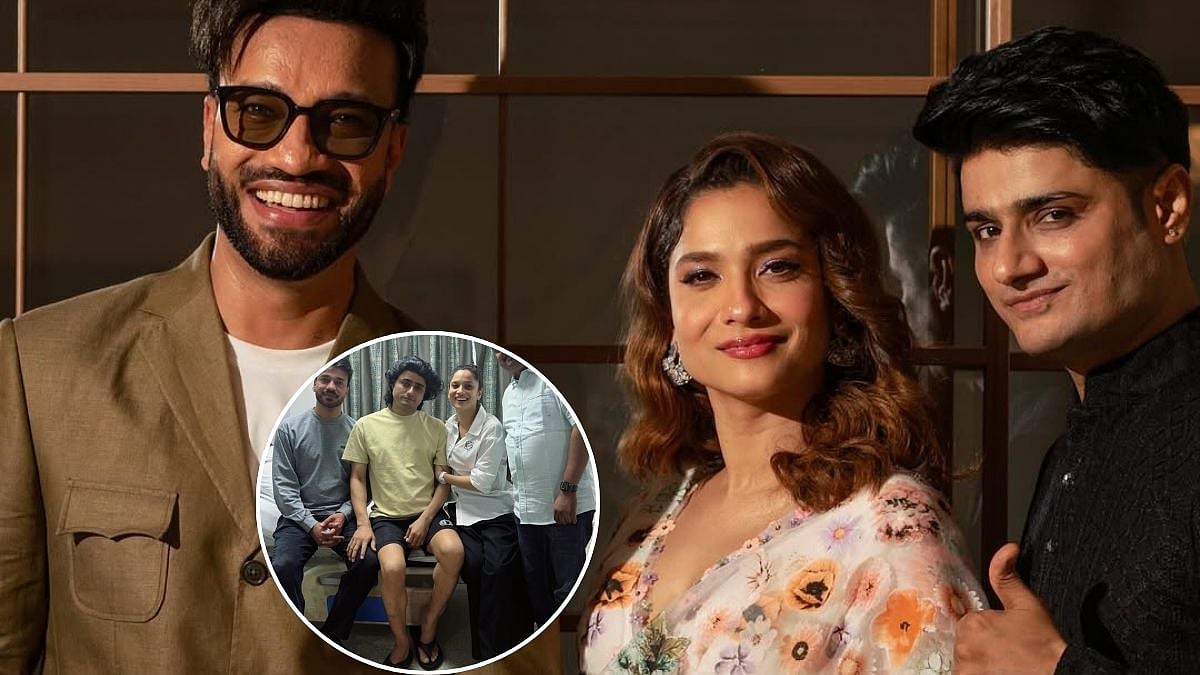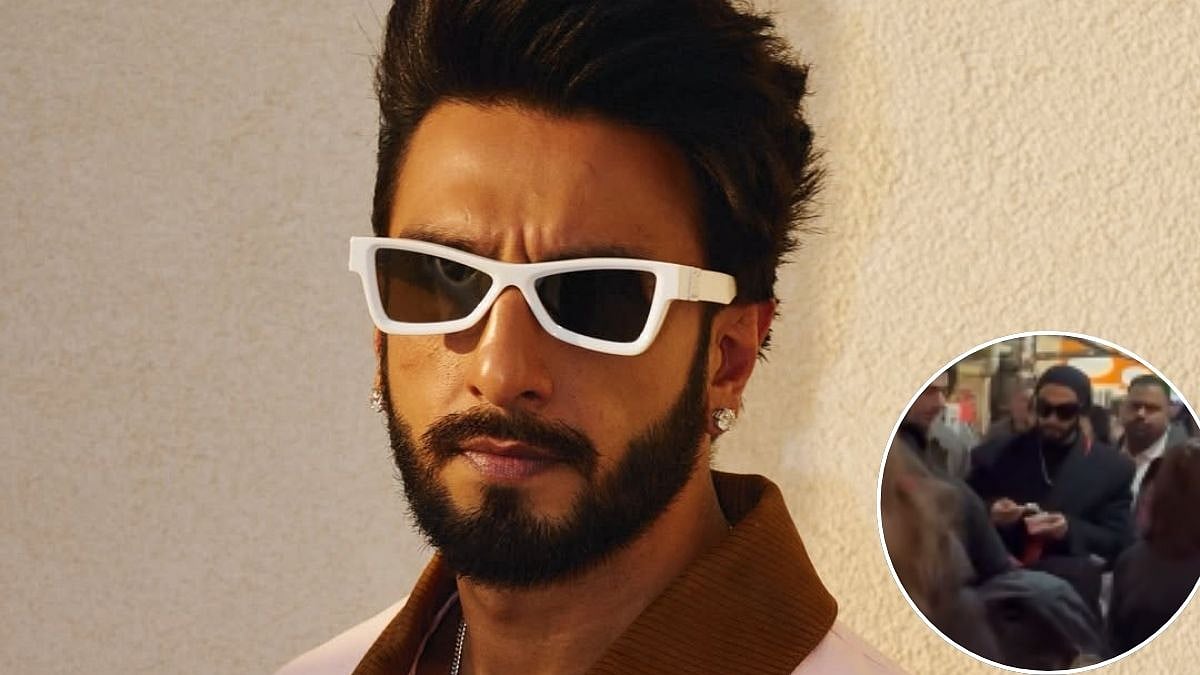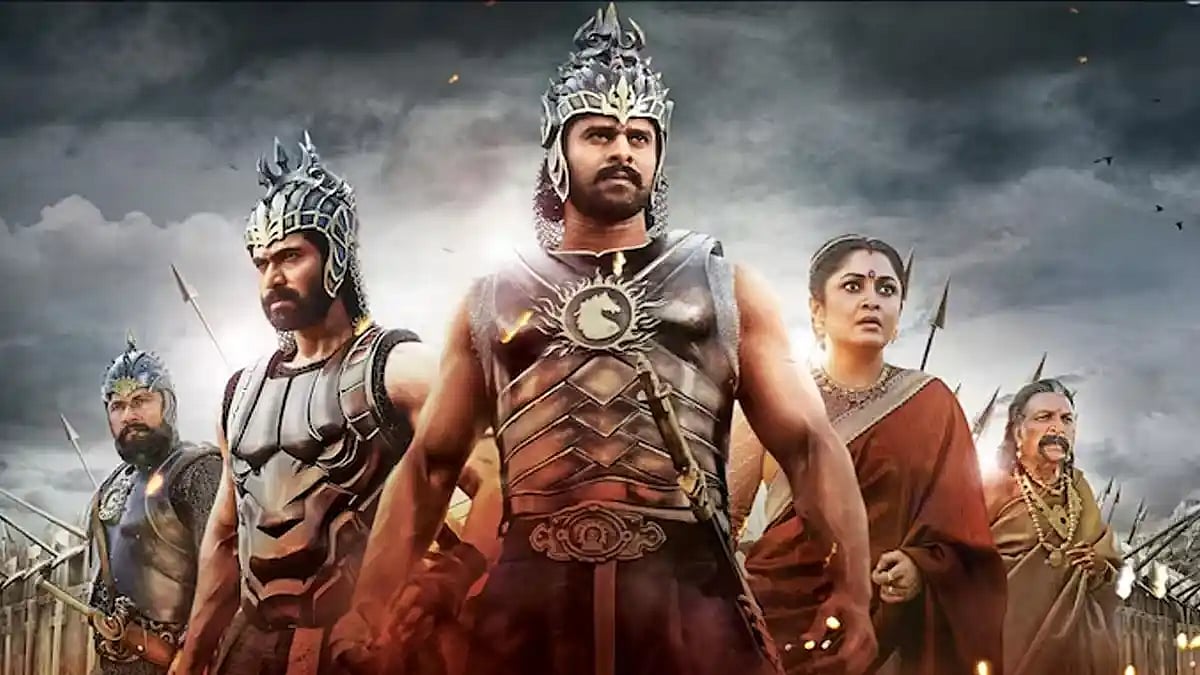Filmmaker Vivek Ranjan Agnihotri dares to be a voice of reason in an industry that is riddled with cliques and camps. Standing tall with gumption, Agnihotri is all set to narrate the tale of India's struggle and eventual ability to become the first nation to have its own vaccine while combating a deadly virus, through his forthcoming release, The Vaccine War.
The Free Press Journal caught up with him for an exclusive chat.
With varied opinions coming from all corners that are now questioning the National honours bestowed upon his last release, The Kashmir Files, Agnihotri says, "I'll be lying if I say that I'm not happy about The Kashmir Files winning its National Awards. Of course I am. But more than being happy for the film, I'm happy for the recognition received for the plight of the Kashmiri Hindu community. For 32 years, nobody listened to them. Now when everyone and the world are listening to them, suddenly some politically motivated people are of the opinion that the genocide never took place in Kashmir. I'm happy to learn that the world now recognises the genocide that was inflicted upon the community and now, nobody can erase it from the pages of history."
What's being appreciated from the rushes of The Vaccine War trailer is its ability to portray the average Indian woman as a superhero. When asked about his idea of feminism, the director chimes in. "There are two kinds of feminism. One is Indic feminism, the other is the Western school of thought. The Western thought believes that any woman who is a homemaker is not empowered. Our homemakers are always portrayed as victims. I think that the biggest attribute of life is sacrifice. Our Indian women, irrespective of their standing, possess this quality which makes them superior above everything else in the world. And that's why I think that they are more empowered than anyone else. If a woman sacrifices her needs above the needs of her loved ones, I don't think there is anything more empowering than that."


A still from The Vaccine War
The Vaccine War stars Nana Patekar in the lead, whose role is inspired by former ICMR director general Dr. Balram Bhargava. As the veteran actor returns to films following a brief hiatus, Agnihotri shares about his initial inhibitions. "I was told that Nana is a very short-tempered person. But I don't get perturbed by these things. When I approached him for the part, my concern was that he shouldn't turn down the offer saying that he doesn't want to do any films now, since he hasn't worked for over 4-5 years. But, I was confident that I could convince him with what I had for him. What helped me was Nana completely surrendered himself to what I had envisioned for him. He said that he doesn't know much about the subject. He'll do as per what I tell him. But, what he has done with the role, if it does not move you to tears, I shall change my name."
As we conclude our chat, the filmmaker shares pride over his evolving cinematic language over the years. "When I was making commercial films in the beginning, it came from a place where I wanted to impress others. When you're busy trying to make an impression, you end up appeasing everyone around you. You end up reflecting their views and hence, your views don't come forward. I was tired of everyone around me treating the audiences as dumb. I would take offense to that because the audience also consists of our loved ones. How can you call them dumb? Since then I made a conscious effort that I will not take the audience for granted and I will make films that make a difference," he signs off.



